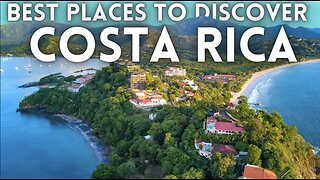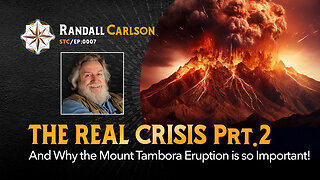Nature and birds
Nature in its general sense is the natural world, the physical world, or the physical world. The word “nature” appears in many contemporary contexts. It may mean the physical world as a phenomenon, it may also mean life in general, and it may mean the sciences in most or all of its branches. Man is usually excluded from this definition even though he belongs to natural life as well. The definition of nature is represented by its smallest component, which is the atom, to space and the galaxies and planets it contains.
Nature is also the natural landscape, which is represented by living things (animals, plants, and others) and geographical features (valleys, mountains, seas, rivers, and others). Manufactured objects and human interventions on the earth are not considered part of nature, and nature differs from supernatural and imaginary phenomena. The definition of nature in the sense of the physical universe is an addition to its original meaning (like many other additions), and was accompanied by the development of Greek philosophy from the period that preceded Socrates, and it has gained great popularity since then. This use was confirmed with the flourishing of the modern scientific method in the last five hundred years or so, which sees nature as a reality governed by fixed, well-established laws.
The image of nature changed following the Industrial Revolution in the Western world to the world without intentional interference from man or others, and therefore it gained a quality of sanctity in philosophical approaches, including the approach of Jean-Jacques Rousseau, Hegel, and Karl Marx, even though the ancient (pre-Socratic) image of nature returned some The thing is thanks to the works of Charles Darwin.
Among the various uses of the word “nature” today are those that refer to living organisms and geographical terrain in general, which includes multiple types of living plants and animals. It also sometimes refers to processes associated with inanimate objects; That is, it may refer to the way certain types of things exist and the way they change of their own free will, such as: the weather and the geological features of the Earth, as well as the matter and energy of which all these things are composed.
It is usual to mean the natural environment or wildlife, meaning wild animals, rocks, forests, beaches and all those things that have not been fundamentally altered by human intervention or that continue to exist despite human intervention. This more traditional concept of natural things - which has survived to this day - denotes a distinction between the natural and the artificial, focusing on the concept that the artificial is something that has come into existence through the intervention of human thought or the human mind.
-
 LIVE
LIVE
Matt Kohrs
1 hour agoThe Volatile Week Ahead || The MK Show
362 watching -
 LIVE
LIVE
Stephen Gardner
27 minutes agoTop Republican UNLOADS on Democrats and Biden's MENTAL HEALTH!!
485 watching -
 44:30
44:30
Michael Franzese
2 days agoCancel Culture Backlash of My UK Tour | Michael Franzese
56.6K31 -
 35:12
35:12
Island Hopper TV
1 day agoFull Costa Rica Travel Guide 2024
11.4K22 -
 4:43
4:43
ParisDemers
1 day agoThis Diet Hack Changed My Life! (How To Get Ripped FAST!)
29.7K44 -
 46:57
46:57
Crime Circus
1 day agoApple River ST*BBING!! Stand Your Ground Interrogation of Man in Wisconsin
40.1K44 -
 9:39
9:39
Tactical Advisor
1 day agoHow To Improve Your Shooting For FREE! Mantis Blackbeard X
49.5K12 -
 1:00:59
1:00:59
Squaring The Circle w/ Randall Carlson
1 day ago#007 The Real Climate Crisis Noone Is Talking About and Mount Tambora Pt 2
51.5K13 -
 13:52
13:52
America Uncovered
1 day agoEveryone is WRONG About Trump's Guilty Verdict
31.6K68 -
 13:10
13:10
Censored TV
1 day agoThe Owen Benjamin vs Jim Goad debate was WILD
39.3K26